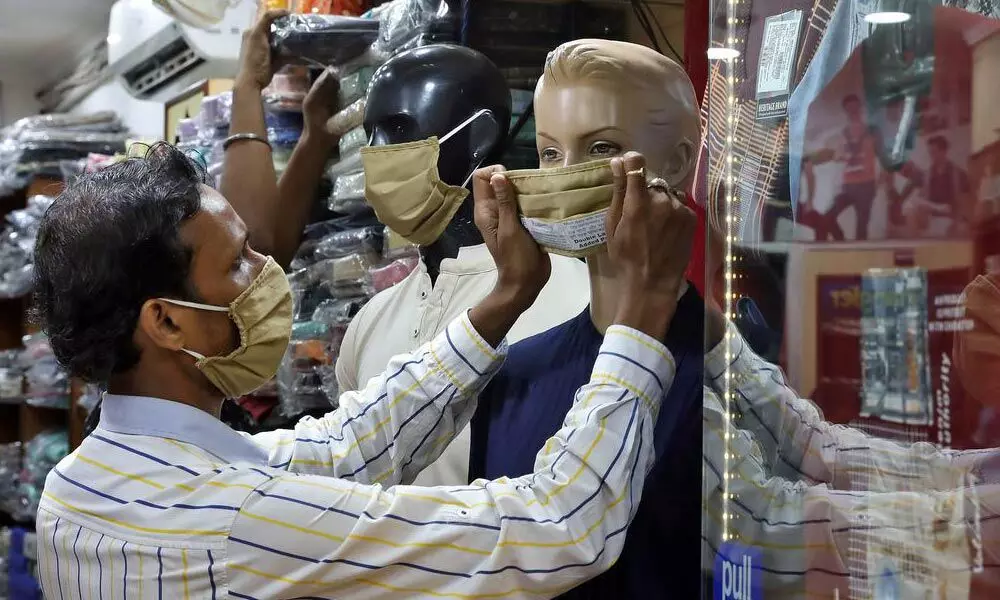Will Covid pandemic finally end in 2022?
The Covid-19 pandemic will be defeated in 2022, provided countries work together to contain its spread, says WHO chief
image for illustrative purpose

World Health Organisation (WHO) chief Tedros Adhanom Ghebreyesus said that he is optimistic that the Covid-19 pandemic will be defeated in 2022, provided countries work together to contain its spread.
His comments come two years since the WHO was first notified of cases of an unknown pneumonia strain in China. He warned that continuing inequity in vaccine distribution was increasing the risk of the virus evolving.
"Narrow nationalism and vaccine hoarding by some countries have undermined equity and created the ideal conditions for the emergence of the Omicron variant, and the longer inequity continues, the higher the risks of the virus evolving in ways we can't prevent or predict," he said.
The World active cases are 288,706,976 with new cases totalling +640,886 and total deaths amounting to 5,455,494 and new deaths stand at 2,953. Total recovered are 253,995,946 Active.
Meanwhile, the Omicron infection tally has increased to 1,431 across the nation. However, of the total cases, 488 have been discharged from hospitals. So far, 23 states have reported Omicron infections.
While no country is out of the woods from the pandemic, we have many new tools to prevent and treat Covid-19. More than 8.5 billion doses of vaccine have been administered globally, saving millions of lives. New treatments have been developed, which should dramatically increase access and lower mortality.
But narrow nationalism and vaccine hoarding by some countries have undermined equity, and created the ideal conditions for the emergence of the Omicron variant. And the longer inequity continues, the higher the risks of this virus evolving in ways we can't prevent or predict.
If we end inequity, we end the pandemic. Through the ACT-Accelerator, which includes COVAX, WHO and our partners are helping to make vaccines, tests and treatments accessible to people who need them, all over the world.
As we enter the third year of this pandemic, I'm confident that this will be the year we end it – but only if we do it together. Quite apart from the death and disease caused by Covid-19, the pandemic threatens two decades of progress on health.
Millions of people have missed out on routine vaccination, services for family planning, treatment for communicable and noncommunicable diseases, and more. However, there have still been breakthroughs and progress. WHO recommended broad use of the world's first malaria vaccine, which if introduced widely and urgently, could save tens of thousands of lives every year. The eradication of polio has never been closer, with just five cases recorded in the two remaining endemic countries.
And tobacco use continues to decline. Meanwhile, WHO and our partners responded to crises around the world, including stopping new outbreaks of Ebola and Marburg. To help prepare the world for future epidemics and pandemics, we established the new WHO BioHub System for countries to share novel biological materials.
And we opened the WHO Hub for Pandemic and Epidemic Intelligence in Berlin, to leverage innovations in data science for public health surveillance and response. Covid-19 is not the only health threat the world's people will face next year.
WHO will continue to work around the world to protect and promote the health of everyone, everywhere. A new year brings new resolutions. Here are mine, for the world. First, we must end the pandemic.

